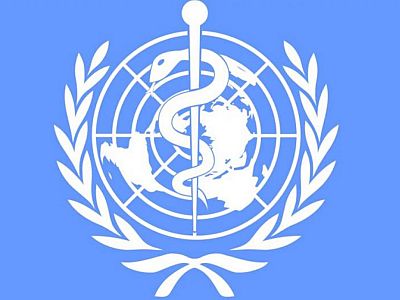World Health Organisation Issues New Guidelines For 'Mass Gatherings'
As the World Health Organisation sets new guidelines for mass gatherings, you may be wondering how it can affect your next event. We provide flexible event designs that can be adapted to the current regulations for gatherings.
As the MICE industry continues to lobby authorities around the world to consider business events separately from ‘mass gatherings’ and the US President moves to shut down his country’s funding for The World Health Organisation, the WHO has issued new guidelines for outdoor events and ‘mass gatherings’.
The document, published on 29 May, is an update of the interim guidance document entitled ‘Key planning recommendations for mass gatherings in the context of Covid-19’, published by WHO on 19 March 2020. The new version has been revised, the WHO says, “to reflect the evolution of the knowledge on the pandemic over the past weeks, and to ensure alignment with the most recent guidance on Covid-19 issued by WHO”.
The WHO gives a list of risk factors to be assessed for allowing ‘mass gatherings’, in addition to placing consideration on a country’s record in containing the spread of the disease. That includes considering the type of venue, attendees, duration of event and local healthcare infrastructure and ability to detect Covid-19 cases and manage them.
The document includes advice on the planning and operational phases of ‘mass gatherings’, including the kind of communication required. And here the document emphasises the categories of vulnerable people who should not be attending events.
The WHO document concludes: “Generally, events associated with a low or very low risk of Covid-19 transmission and low strain on the health system may be considered sufficiently safe to proceed. Events with a moderate, high, or very high level of risk might not be sufficiently safe to proceed and would require a more thorough application of prevention and control measures. If the risk of spreading Covid-19 remains significant after application of all control measures, postponing or cancelling the planned event should be considered. WHO does not have the mandate to enforce any restriction, modification, postponement, or cancelation of a mass gathering event, or to authorise that its organisation may proceed. Rather, it advises authorities and event organisers on best practice based on available evidence.”
The WHO document also highlights collaboration and legacy, concluding: “Reviewing lessons learnt and evaluating event legacy is of paramount importance to conduct a formal assessment of policies and improve best practices. Authorities and organisers should see such events as an opportunity to enhance their ways of working and pass this learning on to future event organisers and the host country.”
The full document with the guidelines can be downloaded here.
*Article reposted from Exhibition World.
